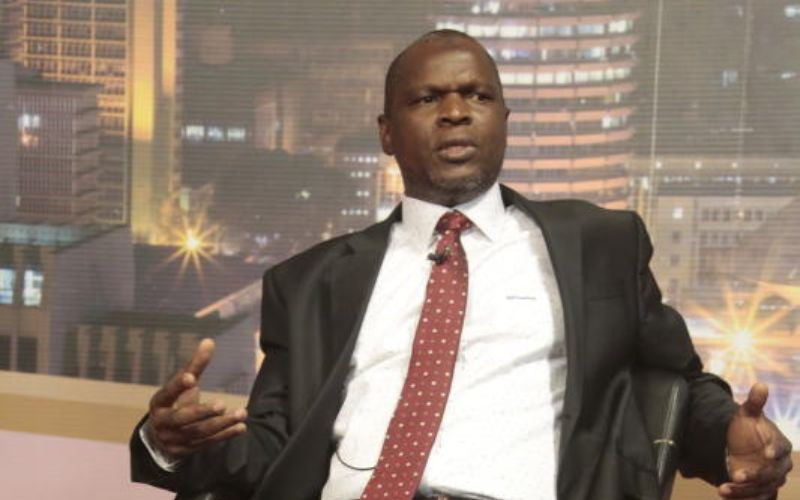×
The Standard e-Paper
Home To Bold Columnists

Justice Said Juma Chitembwe wept!
That was the summary of the events of April 12, 2021, when Justice Chitembwe appeared before a panel, seeking to replace Justice David Maranga as the Chief Justice and the President of the Supreme Court.